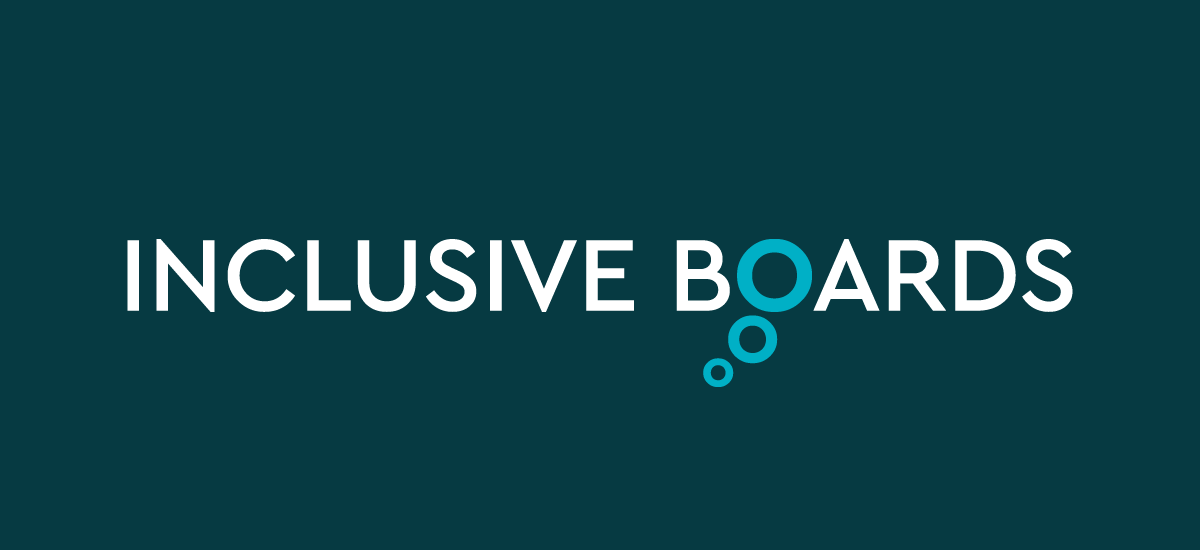Deloitte’s recent decision to omit its Employee Resource Groups (ERGs) has sparked a new flavour of conversation in the world of diversity.
ERG’s essentially was a three-fold dynamic which endeavoured to leave out white men with somewhat hopes of increasing diversity at the workplace. However, Deloitte’s reasons for clamping down on such a regime was because of their belief in accommodating the preferences of the millennial workforce of today.
Following extensive research, it was found that there is large proportion of today’s generation of millennial’s (also known as Gen Z’s) whose view on social differences are fundamentally different. It has been said that many millennials believe their generation if “post-racial.” Nonetheless, there are 48% white millennial’s who say that “discrimination against white people is as a big problem as discrimination against racial minorities”.
Could it be that Deloitte’s comments that millennials don’t like demographic “pigeonholes”? In the movement towards colour-blindness organisations are faced with many issues which may well deprive of many benefits.
Besides the fact that ERGs improve customer insights and provide distinct spaces that address population-specific needs, there are also three main negative impacts that must be considered with colour-blindness, which are:
- The downplay of demographic differences reduces the engagement of underrepresented employee and increases their perceptions of bias from their white colleagues.
- The cognitive effects of attempting to appear colour-blind whilst living in a world with people of different races, sexual-orientations and lifestyles is one which increases biased behaviours
- Colour-blindness within an organisation potentially puts the organisation at risk of missing out on intergroup collaborations which can spark innovation ad enrich production.
To elaborate on point C is an example of Intel’s use of ERG with the gay, lesbian, bisexual, transgender deployed a global campaign which essentially catapulted a high-touch opportunity for their allies. Here lies, diversity enriching business endeavours in todays diversity-philic society.
Ultimately, it is an undoubted notion that a colour-blind approach is not the best path at all by organisations. One finds that diversity a is a growing phenomena that deserves not only recognition for business endeavours but also for all-round acceptance.


